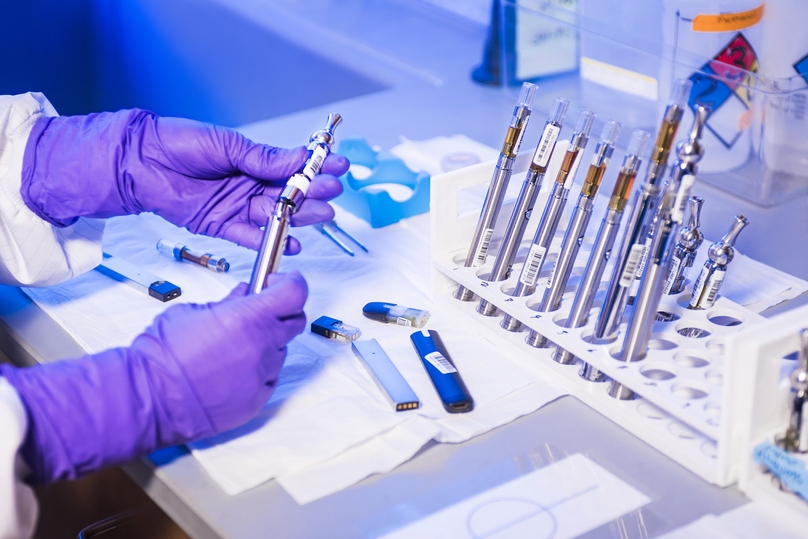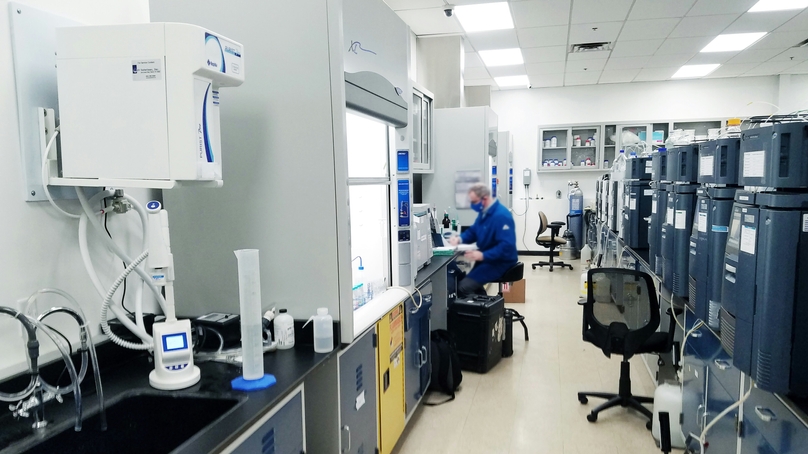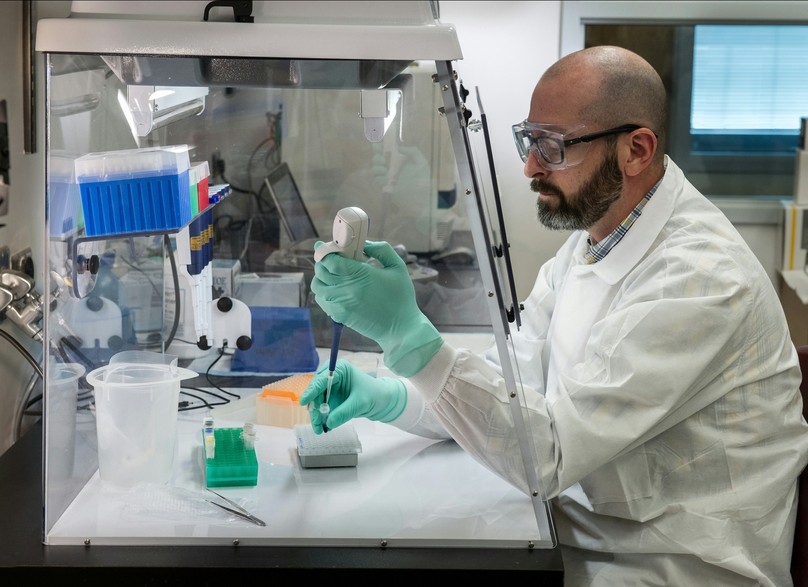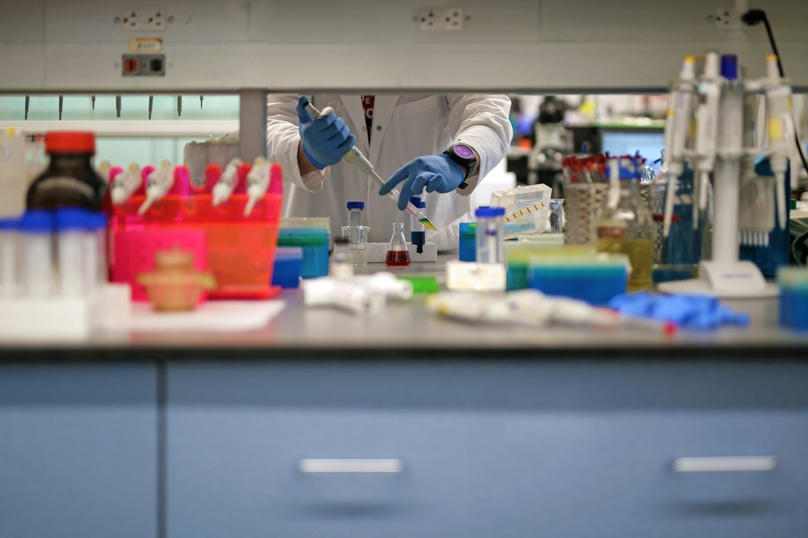In the realm of modern healthcare and scientific research, data management and accuracy are paramount. The evolution of technology has paved the way for remarkable advancements, and one such advancement is the Laboratory Information System (LIS). A Laboratory Information System is a sophisticated software solution designed to streamline and enhance the operations of medical and research laboratories. This article delves into the intricacies of LIS and highlights how it significantly improves operational efficiency.
Understanding the Laboratory Information System (LIS)
A Laboratory Information System is a comprehensive software platform tailored to manage various aspects of laboratory operations. It acts as a digital command center, seamlessly integrating different processes, such as sample collection, processing, testing, and reporting. LIS serves as a centralized repository for patient and specimen data, ensuring its accuracy, accessibility, and traceability. It eliminates the need for manual record-keeping, reducing the risk of errors and facilitating compliance with regulatory standards.
Components of a Laboratory Information System
LIS encompasses a wide range of functionalities that contribute to its effectiveness:
- Sample Tracking: LIS enables real-time tracking of specimens from the moment they are collected until the final analysis. This feature minimizes the chances of sample mix-ups and ensures timely processing.
- Workflow Management: Laboratories have complex workflows involving multiple departments and processes. LIS optimizes these workflows by automating task assignments, reducing bottlenecks, and enhancing overall efficiency.
- Data Management: Precise and organized data management is a cornerstone of LIS. It accurately records patient information, test results, and associated metadata, allowing for easy retrieval and analysis.
- Quality Control: LIS includes quality control modules that monitor and maintain the accuracy and reliability of test results. Any deviations or anomalies are flagged, ensuring that only valid data are used for decision-making.
- Integration with Instruments: Modern laboratories extensively use sophisticated instruments for testing. LIS seamlessly integrates with these instruments, enabling direct data transfer. This integration eliminates manual data entry, reducing the risk of transcription errors.
- Reporting and Analytics: LIS generates comprehensive and standardized reports for healthcare providers, researchers, and patients. These reports are crucial for informed decision-making, treatment planning, and research analysis.
Enhancing Efficiency through LIS Implementation
The benefits of adopting a Laboratory Information System are manifold, contributing to heightened efficiency in laboratory operations:
- Reduced Turnaround Time: LIS expedites the entire testing process, from sample registration to result reporting. This reduction in turnaround time translates to faster diagnoses and treatments for patients.
- Error Minimization: Human errors are inherent in manual processes. LIS eliminates these errors by automating data entry, calculation, and result interpretation, resulting in reliable and accurate outcomes.
- Optimized Resource Utilization: Laboratories deal with a myriad of resources, including personnel, reagents, and equipment. LIS ensures optimal resource allocation by streamlining workflows and minimizing wastage.
- Regulatory Compliance: Laboratories must adhere to stringent regulatory standards. LIS aids in compliance by maintaining electronic records, traceability, and data security measures.
- Enhanced Collaboration: In multi-departmental environments, LIS promotes seamless communication and collaboration. Data sharing becomes effortless, leading to more informed decision-making.
- Data-Driven Insights: LIS's analytical capabilities provide valuable insights into laboratory performance, resource utilization, and testing trends. These insights empower administrators to make data-driven decisions for continuous improvement.
In the dynamic landscape of modern healthcare and research, the Laboratory Information System stands as a pivotal tool for enhancing efficiency. Its ability to unify and automate various laboratory processes leads to reduced errors, improved turnaround times, and enhanced collaboration. As technology continues to advance, the Laboratory Information System is poised to play an increasingly vital role in shaping the future of healthcare and scientific progress.















